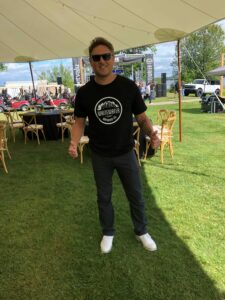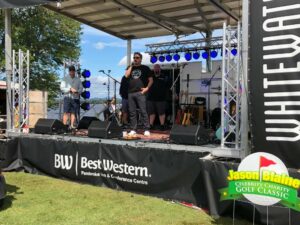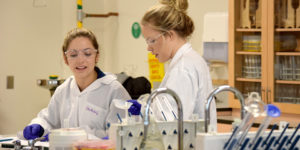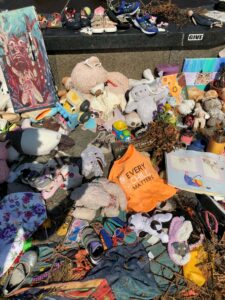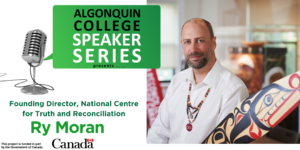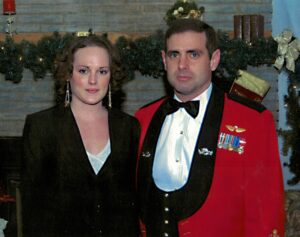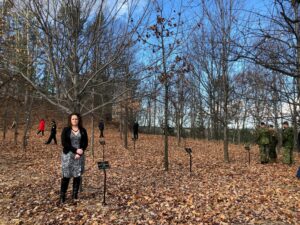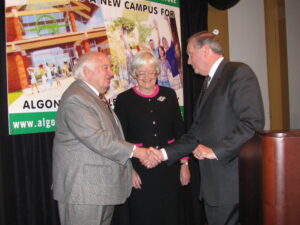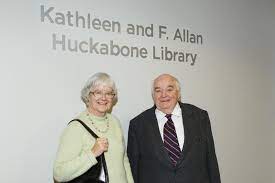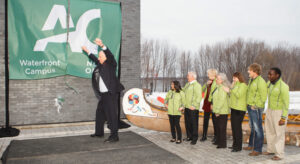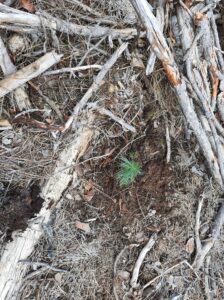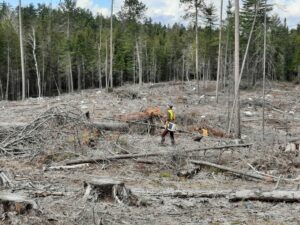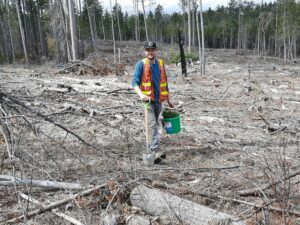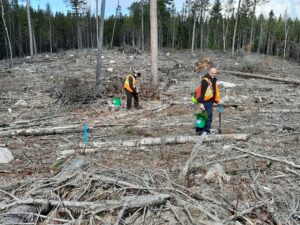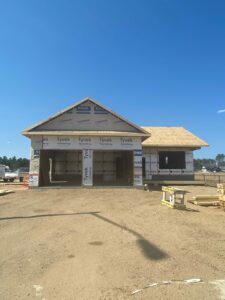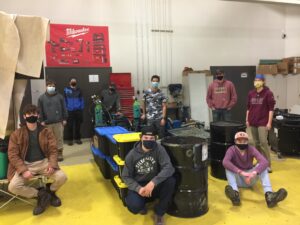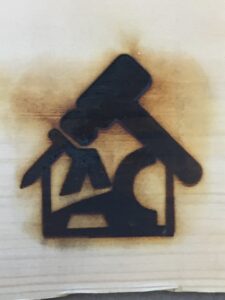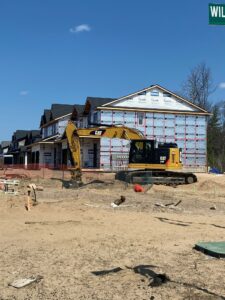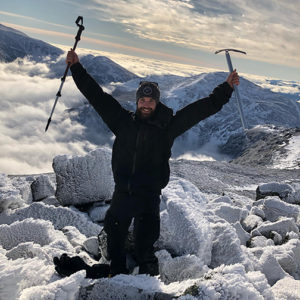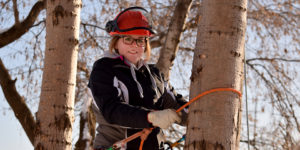Algonquin College’s Pembroke Waterfront Campus continues to expand its programming, offering more choices for anyone interested in pursuing a college certificate, diploma or degree. The campus will be hosting a virtual Open House on Wednesday, October 20 from 3:30 to 7:30 p.m. that will include an opportunity for prospective students to learn more about the programs.
The sessions will be led by faculty who teach in the 23 programs that will be represented. The program mix at the campus includes business, technology, health care, skilled trades and unique programs such as Applied Nuclear Science and Radiation Safety, Outdoor Adventure and Environmental Technician.
The campus is also launching two new programs starting in January of 2022. Geographical Information Systems is a post-graduate certificate program and Computer Programming is a two-year diploma program that includes an optional paid co-op experience. These programs join the Environmental Management and Assessment post-graduate certificate program that was offered for the first time at the campus last year.
In addition to the program sessions, there will also be a special session for parents and several student services sessions that will help address questions about admissions requirements, financial aid and what supports are available to help students succeed in their academic programs. When the time comes to visit the campus, students will really be able to appreciate the picturesque beauty of the campus which is located on the shores of the Ottawa River.
Virtual sessions have proven to be very convenient for prospective students and their families, particularly applicants who don’t live in Pembroke. It eliminates the need to travel and provides great access to faculty and student services staff to get questions answered. A virtual campus tour is also available and there will be some prizes available for those who attend.
The COVID-19 pandemic has forced many organizations to expand their use of technology and the same is true for Algonquin College. While more programming is gradually returning to the Waterfront Campus, remote learning is continuing and the College is utilizing platforms such as ZOOM to be able to bring information to prospective students in the most convenient way possible.
Pre-registration is required for the virtual Open House so that links can be provided to students who want to attend. The event is open to anyone who is interested in attending Algonquin College as representatives for the Ottawa and Perth campuses will also be available to answer questions. Information on the Open House has been shared with high schools and employment services offices throughout the region as Ontario Colleges are now receiving applications for both the Winter and Fall 2022 intakes.
In fact, offers of admission for the Fall 2022 intake will start to be made as of November 1st so it’s not too early to apply and make plans for attending a college program. Applications can be made online at www.ontariocolleges.ca. Prospective students can pre-register for the Open House at: https://www.algonquincollege.com/pembroke/voh/
Posted by Jamie Bramburger, Manager of Community and Student Affairs at Algonquin College’s Pembroke Waterfront Campus. Jamie can be reached at brambuj@algonquincollege.com or at 613-735-4700, ext. 2756




